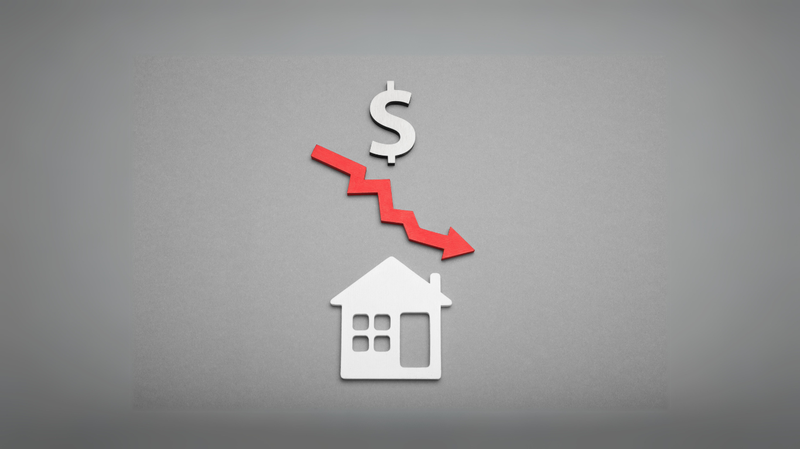Pros and Cons of Negative Gearing Your Property

Negative gearing is a financial strategy often used by property investors. It involves borrowing money to invest in property with the expectation that the rental income will not cover the costs of ownership, resulting in a financial loss. This loss can then be used to reduce taxable income. While negative gearing can offer some benefits, it also comes with its share of drawbacks. In this blog post, we'll explore the pros and cons of negative gearing your property.
Pros of Negative Gearing:
Tax Benefits
One of the primary advantages of negative gearing is the potential for reduced income tax liability. By offsetting your rental property losses against your other sources of income, you can lower your taxable income and pay less in taxes.
Investment Leverage
Negative gearing allows investors to use leverage to acquire properties. This means you can control a more valuable asset with a relatively small initial investment, potentially leading to greater long-term capital gains.
Potential for Capital Growth

While the rental income may not cover your expenses in the short term, the property's value may appreciate over time, leading to capital gains when you eventually sell it.
Diversification
Investing in property diversifies your investment portfolio, reducing risk associated with having all your investments in one asset class.
Cons of Negative Gearing:

Cash Flow Challenges
Negative gearing relies on the assumption that property values will appreciate over time. In the meantime, you'll need to cover the shortfall between rental income and expenses, which can strain your cash flow.
Risk of Interest Rate Increases
If interest rates rise significantly, your mortgage costs may go up, making it even more challenging to cover the property's expenses with rental income.
Dependence on Market Conditions
The success of negative gearing depends on the property market's performance. If property values stagnate or decline, you may not realise the expected capital gains.

Reduced Liquidity
Property is generally less liquid than other investments like stocks or bonds. It can take time to sell a property and access your investment, which may be problematic if you need funds quickly.
Regulatory Changes
Government policies, regulation and tax laws can change, affecting the benefits of negative gearing. It's essential to stay informed about any changes in the tax code and regulations.
Negative Gearing is Not for Everyone
It's a strategy that's best suited for higher-income earners who can take full advantage of the tax benefits. If you're not in a high tax bracket, the advantages of negative gearing may not outweigh the disadvantages. Run the numbers to see what strategy suits best for your financial situation.
Conclusion
Negative gearing is a strategy that can provide tax benefits and potentially lead to capital gains in the long run, but it also comes with cash flow challenges, market risks, and regulatory uncertainties. Whether it's a suitable strategy for you depends on your financial situation, risk tolerance, and investment goals. It's crucial to consult with a financial advisor or tax professional before deciding to negative gear your property to ensure it aligns with your overall financial strategy. Get in touch with a PRD property manager to learn more today.





